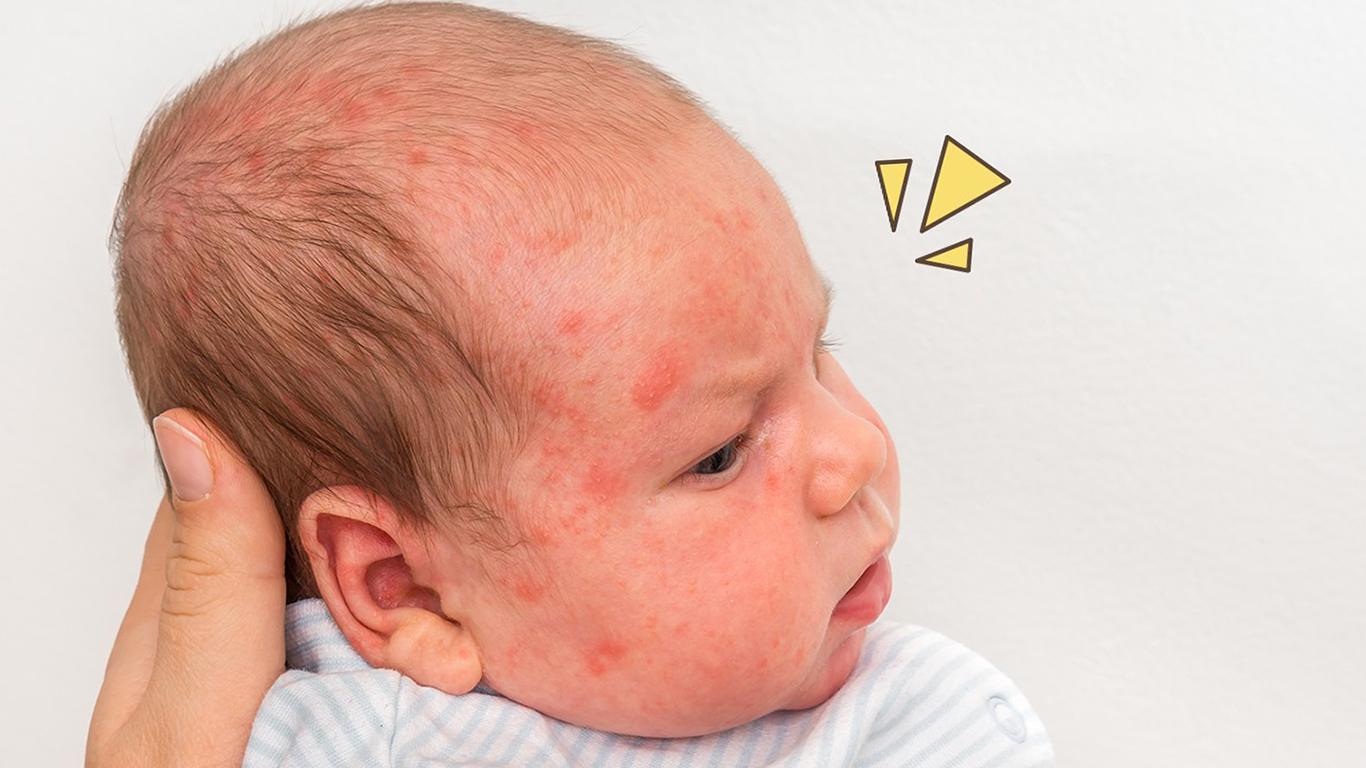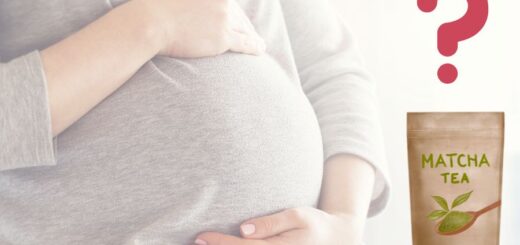Baby Allergic Reaction Rash Symptoms And Pictures
Your baby has reddened skin, a rash and a stuffy or runny nose? Baby allergic reaction rash is one of the most important signals. Does it often suffer from abdominal pain, diarrhea or vomit? Then your baby may have an allergy or intolerance. In fact, allergies are not uncommon in babies – if you or your partner also have an allergy, the risk of allergy in your baby is increased. How you can recognize your baby’s allergies and intolerances, when you should go to the pediatrician and more information can be found here.
ALLERGY OR INCOMPATIBILITY:
What are the symptoms of allergy?

An allergy is nothing more than the reaction of the immune system to a normally harmless environmental substance (also called an allergen). Environmental substances can be very diverse. In babies this is 90 percent food. Dust mites, pollen or animal hair can also be possible allergens. So if your baby comes into contact with one of these environmental substances, the immune system immediately goes into a kind of “defense mode” and reacts immediately to the allergen. You can read about what such immune reactions can look like below.
However, an intolerance has nothing to do with the immune system. Rather, your baby’s body cannot digest a certain substance. You cannot immediately observe that there is an intolerance (also called intolerance). Problems such as diarrhea, flatulence, abdominal pain or an uncomfortable feeling of fullness only develop after a few hours or days.
Please contact your pediatrician directly if you suspect that your child has an allergy or intolerance.
How do you know if your baby has allergies?
What are the symptoms of allergy? As already said before: An allergic reaction often occurs directly after contact with the allergen. For example ; allergic reaction rash baby is a sign for you. The immune system reacts – the possible consequences:
- Swelling of the eyes and lips
- Diarrhea or vomiting
- Wheezing, a runny nose, red eyes and sneezing
- Itching, hives and skin rash (eczema)
Did you know foods cause nappy rash? Click here to read the article I wrote about Nappy rash. https://kidschildrenshealth.com/foods-cause-nappy-rash/
How strong the reaction is varies from person to person. The expression can only be light, medium or strong. If your baby refuses the bottle, often turns his head or screams a lot when feeding, then this can also be an indication of an allergy.
If you suspect that your baby is allergic to food or other environmental substances, you should speak to your pediatrician. He / she will then examine your baby and perform appropriate skin and blood tests to determine possible allergy triggers. Talk to your pediatrician about your allergies and the allergies of family members.
Warning: As soon as you notice that your baby is short of breath and is panting, medical help is needed immediately. It may have a life-threatening allergic reaction (anaphylactic shock).
How to know if your baby might be at risk for food allergy?
Whether your baby has an increased allergy risk depends, among other things. from the hereditary previous burden. That means whether mom, dad or a sibling is allergic. According to statistics, the risk of developing an allergy is 5 to 15 percent as long as neither a parent nor a sibling has an allergy. However, if one of the parents or a sibling is affected, the risk is 20 to 40 percent.
If both parents have an allergy, the risk for the child increases to 40 to 60 percent and if both parents have the same allergy, it increases to 60 to 80 percent. But not only the genetic makeup, but also environmental factors and the respective lifestyle have an influence on whether your baby is at risk of allergies.
Our previous article How to treat eczema in babies in the title cold urticaria cure treatment ve How to treat eczema information is provided..

Hello, I’m Dorothy. I love writing and researching articles. Reading books about baby health, care and pregnancy is my favorite. I will be sharing delicious and healthy information on food and baby food during pregnancy.












Great article !
Very informative and nice to know the percentages as someone who knows what to look out for. It’s nice to know the things you wouldn’t have known
Good read
Very detailed very useful information especially for new mums.
As a nanny, this is a very useful article. I’ve forwarded it to all my nanny friends!
An informative peice
Everyone should take the time to read this great article. It can help save a life
Very interesting article and so detailed
Great informative article.
I certainly got useful information from reading this, thank you!
Great read. It is very important to know the symptoms, since babies can’t verbally tell you how they feel. I never knew vomiting and diarrhea were some of the symptoms.
This is a very useful article for new parents. Could save a life or more!
Great information! Thank you for helping us keep our babies safe.
Great article. It has very useful information
Very interesting article!
I learned so much from this article. Thank you!